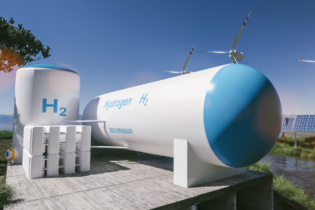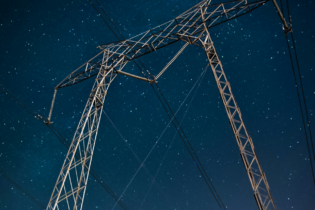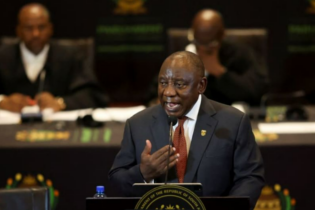Energy Minister Tina Joemat-Pettersson has announced the preferred bidders for phase four of the Independent Power Producer (IPP) procurement programme, who are expected to feed an additional 1 121 Megawatts to the grid.
The Minister’s announcement comes as government continues to pull all the stops to accelerate the finalisation of purchase processes for renewable energy that forms part of government’s plan to resolve the country’s energy challenges. Addressing a breakfast briefing at the Pepper Club Hotel on Thursday, the Minister said she expects the financial close for the bid window for this phase in the fourth quarter of this year, and for the projects to be commissioned from November 2016. “In view of the current electricity supply challenges experienced in our country, and in the context of broader coordination efforts of government, the department has been structuring a comprehensive response with regard to the IPP programme,” she said.Electricity war room
In responding to the current energy challenges, Cabinet established a war room on energy in December to come up with short, medium to long term solutions that needed to be explored. The war room devised a five-point plan to tackle the challenges that would help government to resolve the challenges.As part of the five-point plan, the war room was tasked with looking at co-generation capacity and ensuring that existing Power Purchase Agreements (PPAs) are renewed to restore some 1 390 Megawatts power that is being supplied to the grid.
The war room also needed to work with the Department of Energy to go into the market and procure additional capacity on to the grid. The Minister said the issuing of confirmation letters to 13 preferred bidders brings the total number of projects that the department has approved to 79 with a capacity of 5 243 Megawatts across all renewable energy windows. This, she said, represents a massive investment of R168 billion in economic infrastructure in South Africa, which will contribute to economic growth and job creation. The investment would also contribute to the electricity supply security.







